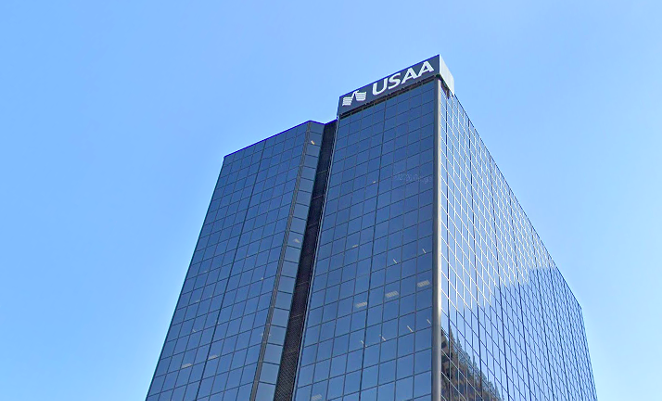Editor’s Note: The following is CityScrapes, a column of opinion and analysis.
San Antonio, we have an accountability problem.
There are, of course, all the questions about February’s Great Freeze and the response by the city government, SAWS and CPS Energy: questions about preparedness, public information, decision making, policies and investment choices that demand real answers. But all too often in the business of this city, deals get done, programs and policies enacted, money spent and then...
No one really asks whether we got what was promised or whether the deals made sense.
Take the case of the city’s investment in InCube Labs. Back in June 2010, then-city manager Sheryl Sculley touted a new approach to economic development, with the city government, through the nonprofit San Antonio Economic Development Corp., actually investing public dollars in the bioscience business.
The city kicked in $6 million, together with another $2 million from the county and more moneys from the Texas Research and Technology Foundation, UTSA and UT Health San Antonio. With those funds, InCube chief Mir Imran was supposed to establish a bioscience incubator here.
At the time, Sculley said InCube would employ at least 50 people with annual salaries in excess of $50,000 in the next five years, and within 10 years, the enterprise would produce multiple new companies creating another 400 or so new jobs.
The promise was that the public investment could propel San Antonio into the major leagues of the biosciences industry.
“I think we’ve got to move heaven and earth to make this work. … We missed out on the technology wave,” the Business Journal’s Scott Bailey quoted former Mayor Henry Cisneros as saying. “When you look at the opportunities ahead for San Antonio, the greatest potential is in the biosciences.”
But after five years, the performance appeared to fall a bit short. By June 2015, InCube had produced just eight — yes, eight — full-time jobs and hadn’t met the promise to raise $15 million in non-public funding. So, what did the mayor and city council do? They simply kicked the proverbial can down the road, extending the grant agreement and the promised job creation by another five years to August 2020.
So here we are in well into 2021, a few months past the agreement deadline. And how has InCube actually performed this time? Here’s the formal response from the Economic Development Department’s spokesperson Caitlin Cowart:
“Since [2010], InCube Labs has maintained and operated the facility located on Network Boulevard ... and has raised almost $25 million in private funding which in part has gone into the local economy of San Antonio through sourcing of goods and services from San Antonio-based suppliers and clinical trials performed locally, in addition to the salaries and benefits paid to employees and contractors. Additionally, InCube has created 44 jobs and 5 companies. InCube remains committed to continuing its strong presence in San Antonio.”
Cowart also mentioned InCube “transitioning a number of employees from full-time to part-time to avoid layoffs.”
It certainly looks like InCube has failed to deliver once again. But you’d have a hard time finding City Hall actually documenting and reporting that, let alone asking exactly how InCube has performed, why it hasn’t been scrutinized since last summer and what lessons we need to learn.
That’s what accountability is all about.
Need another example? Using the city’s official listing of economic development agreements, take a look at the December 2017 deal it cut with USAA to put new jobs downtown. Under the column for “Total Jobs Required” it shows 1,500 — the new positions USAA was supposed to deliver to receive its incentives.
The “Total Actual Jobs” column, however, shows 19,360. Uhhh, is that the new jobs USAA actually produced? Not likely. It appears to be the total of all USAA jobs in San Antonio.
So, did the deal with USAA deliver? We simply don’t know.
For at least a time, the city government appeared to take the issue of accountability seriously, documenting how deals, contracts and programs actually performed. In 2001, Mayor Ed Garza pressed for a city charter change establishing the position of independent City Internal Auditor.
The independent part was crucial — the new auditor would be chosen by and report to the city council, not the city manager. The auditor was thus in a position to ask the necessary questions about how the city was actually spending our money and performing. And our first city auditor, Pat Major, did just that.
But the auditor’s job changed with the arrival of Sculley as city manager, and Major departed.
Today, it’s even more imperative that we have a truly independent analyst, our own government accountability office, in a position to ask substantial questions and tell the council and public how the city’s deals and programs are actually performing — or not.
As the failures during February’s winter storm suggest, the stakes for a lack of accountability can involve more than dollars and cents. They can involve life and death.
Heywood Sanders is a professor of public policy at the University of Texas at San Antonio.
Stay on top of San Antonio news and views. Sign up for our Weekly Headlines Newsletter.


